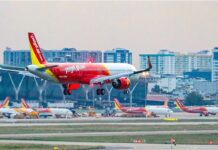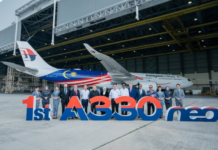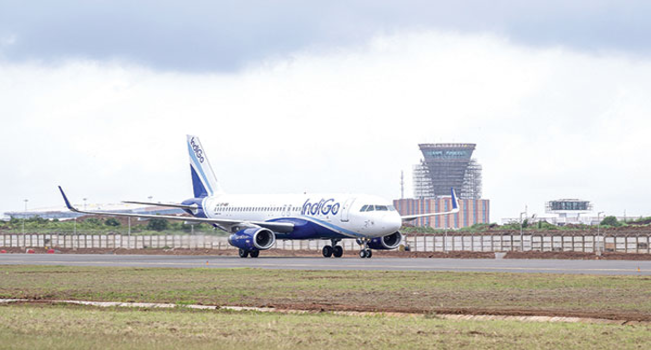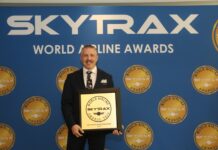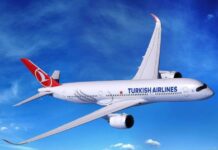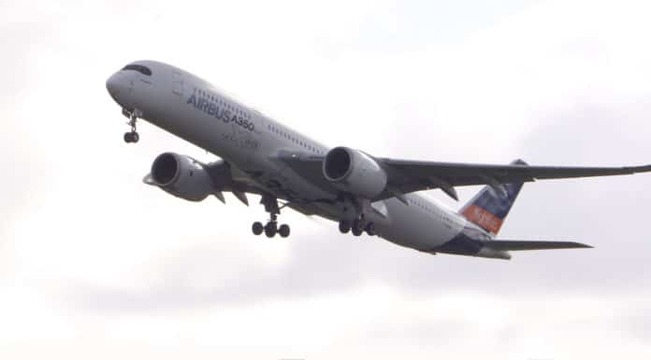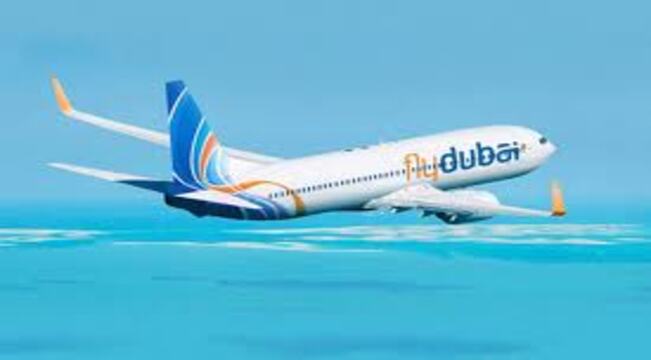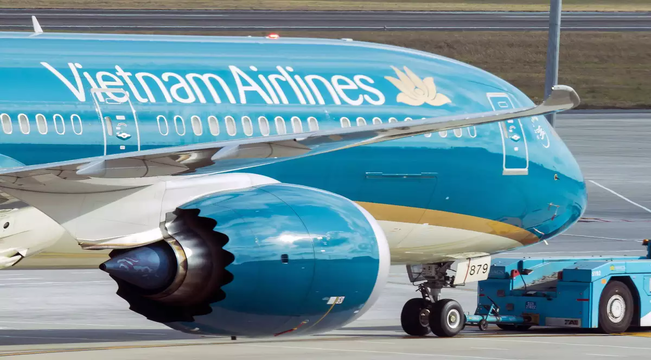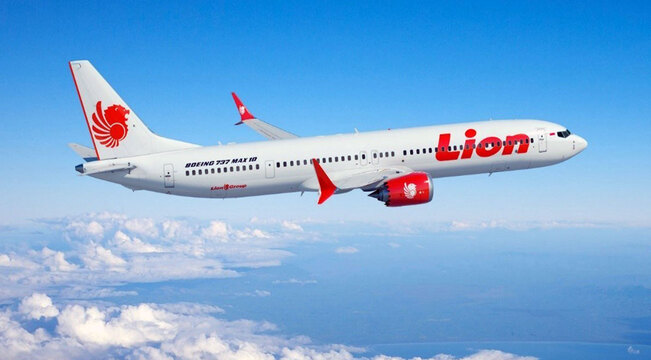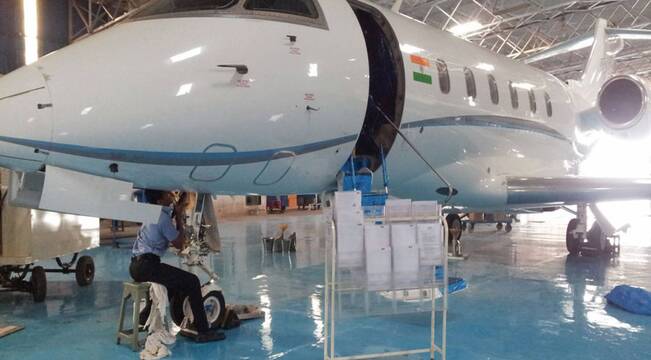New Delhi, April 05, 2021: Airbus, the German research center DLR, Rolls-Royce, and the sustainable fuel manufacturer, Neste, have launched the world’s first in-flight emissions study using 100% sustainable aviation fuel (SAF) on a wide-body commercial passenger aircraft.
The aerospace specialists have teamed up to start the pioneering ‘Emission and Climate Impact of Alternative Fuels’ (ECLIF3) project looking into the effects of 100% SAF on aircraft emissions and performance.
The emissions study will be carried out on the ground and in the air using an Airbus A350-900 aircraft powered by Rolls-Royce Trent XWB engines. The results are expected to support Airbus and Rolls-Royce’s ongoing efforts to prepare the aviation industry for the large-scale use of SAF as part of the wider initiative to decarbonize the industry according to the reports published in inceptivemind.com.
Initial engine tests have already begun last month at Airbus’ facilities in Toulouse, France, including a first flight to check operational compatibility of using 100% SAF with the aircraft’s systems. These will be followed by the ground-breaking flight-emissions tests due to start in April and resume in Autumn 2021. The DLR’s Falcon 20-E will be used as a ‘chase plane’ to carry out measurements to investigate the emissions impact of using SAF. Further ground tests to measure particulate-matter emissions are intended to show the SAF’s environmental impact on airport operations.
In both flight and ground tests, emissions from the use of 100% SAF produced with HEFA (hydro processed esters and fatty acids) technology will be compared with those from fossil kerosene and low-sulfur fossil kerosene.
The fuel is provided by Neste, a leading supplier of sustainable aviation fuel. Additional measurements and analysis to characterize particulate matter emissions during the ground tests will be delivered by the UK’s University of Manchester and the National Research Council of Canada.



